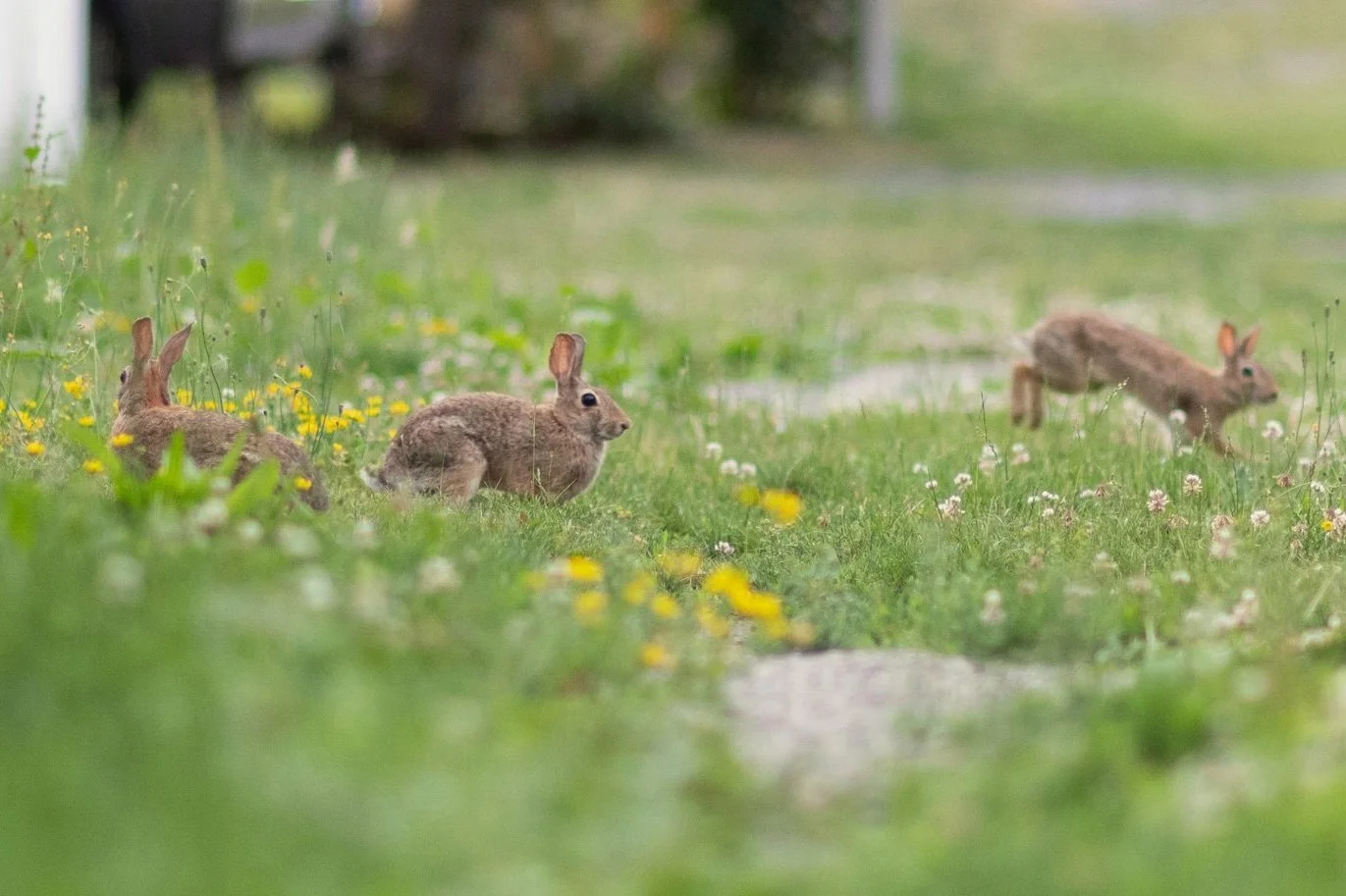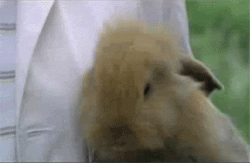OUR STORY
The story of the Fussy Rabbit started with Dr Neil Griffiths, a veterinarian based in Adelaide, South Australia. Dr Neil has been in the pet industry for over 40 years.
In 2000, Dr Neil Griffiths was in a debilitating car accident in 2000, his rabbits have been a constant source of solace and inspiration, particularly with the steadfast encouragement of his wife, Leanne.
This is where Fussy Rabbit came to life. The Fussy Rabbit journey has been characterized by significant milestones in rabbit nutrition, from expanding their rabbit family to exploring new avenues in the pet industry.
How we make the product
-
Rabbits are primarily wild grass eaters not lawn eaters, not vegetable eaters, not fruit eaters.
-
Natural grasses contain silicate phytoliths for natural teeth wear. Fussy rabbit products contain such silicates. Dental care becomes more important with fussy and small rabbits, particularly the lop rabbit under 2kg.
-
Different fibers in hay and grasses help rabbits digest food and stay healthy. Insoluble fiber keeps digestion moving smoothly, while soluble fiber provides nutrients. Prebiotic fiber supports good bacteria growth for digestion and the immune system. Since hay digestion requires a lot of water, make sure rabbits have plenty to drink, around 200ml/kg daily. Offer water in a bowl, except when traveling.
-
Taking care of your rabbit's caecum is essential for their health. The Fussy rabbit formula contains a prebiotic energy extract made from different grass fiber types, enhancing grass flavors and fueling the caecum, which is vital for digestion. Microbes in the caecum break down the digestible fiber, producing nutrients like volatile fatty acids for energy, amino acids for protein, and vitamin B complex for overall health. Vitamin K is also provided for blood clotting and bone growth. This extract can even boost energy and vitality in older rabbits.
-
To ensure a healthy rabbit, wean them with hay and hay-based pellets by 16 weeks old, promoting a robust gut microbiota and reducing fussiness. Limit daily treats of green leafy vegetables and herbs to an earful of two types, like parsley and spinach. Avoid sugary vegetables like carrots; instead, carrot tops are suitable. Limit fruit treats to avoid developing a sweet tooth, which can lead to dental and gut issues. For fussy eaters, consider using a hay-based critical care product fed with a large catheter syringe, gradually reintroducing hay and pellets. Once the rabbit is eating hay consistently, introduce a sugar-free hay-based pellet to maintain their coat and body condition. Be persistent in promoting a healthy diet for your rabbit's well-being.
Visit Our Social
For the best in rabbit health, welfare, and veterinary care. - Dr Neil





